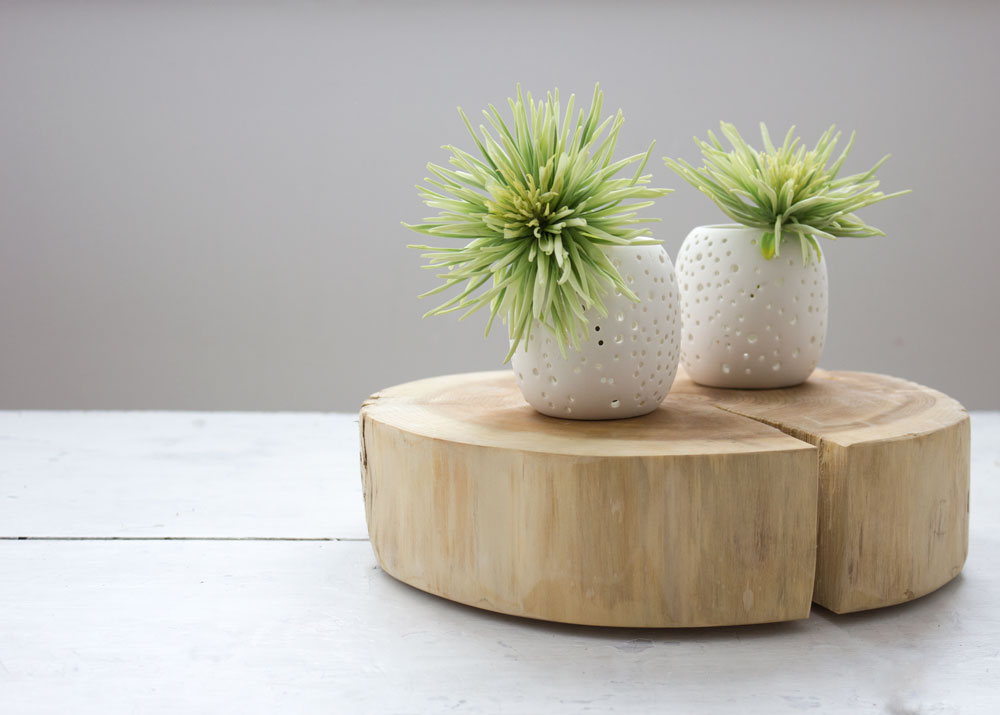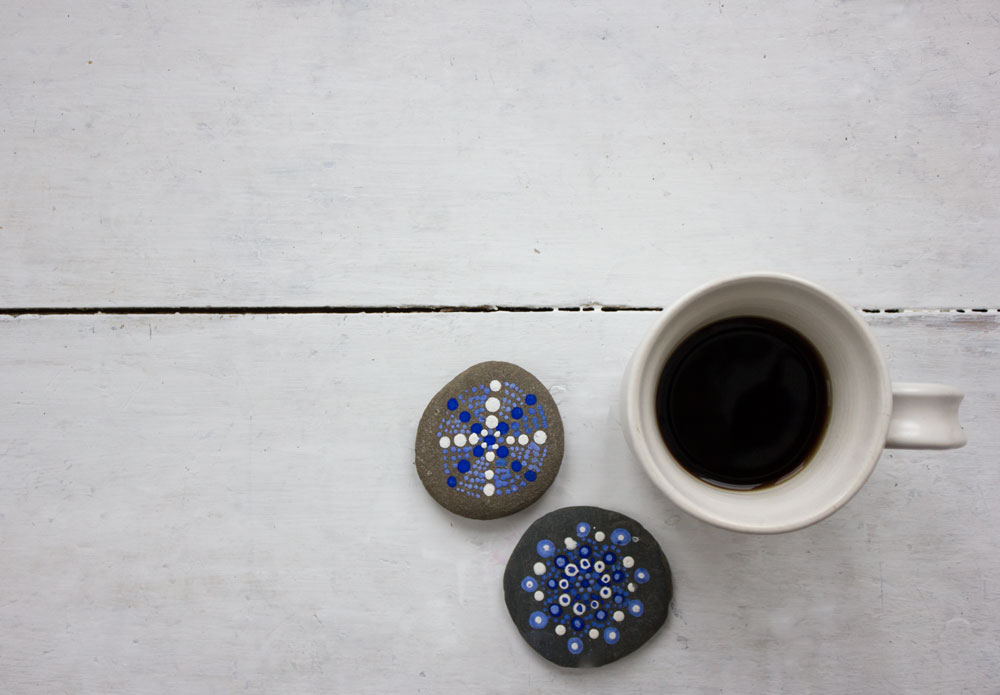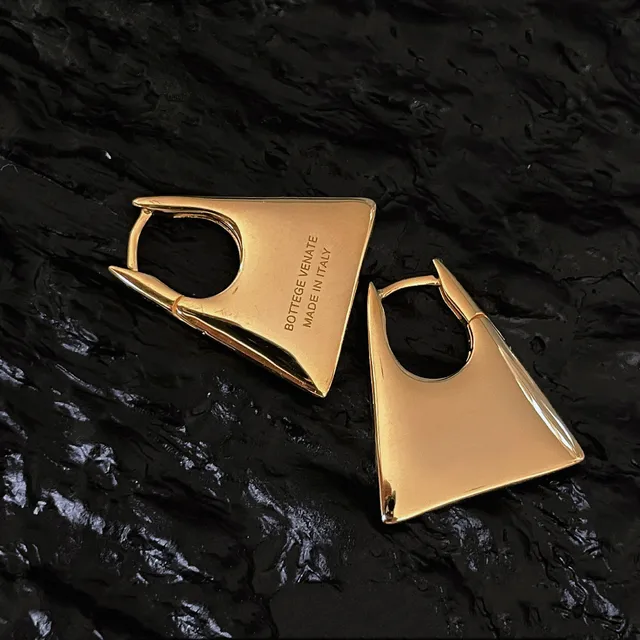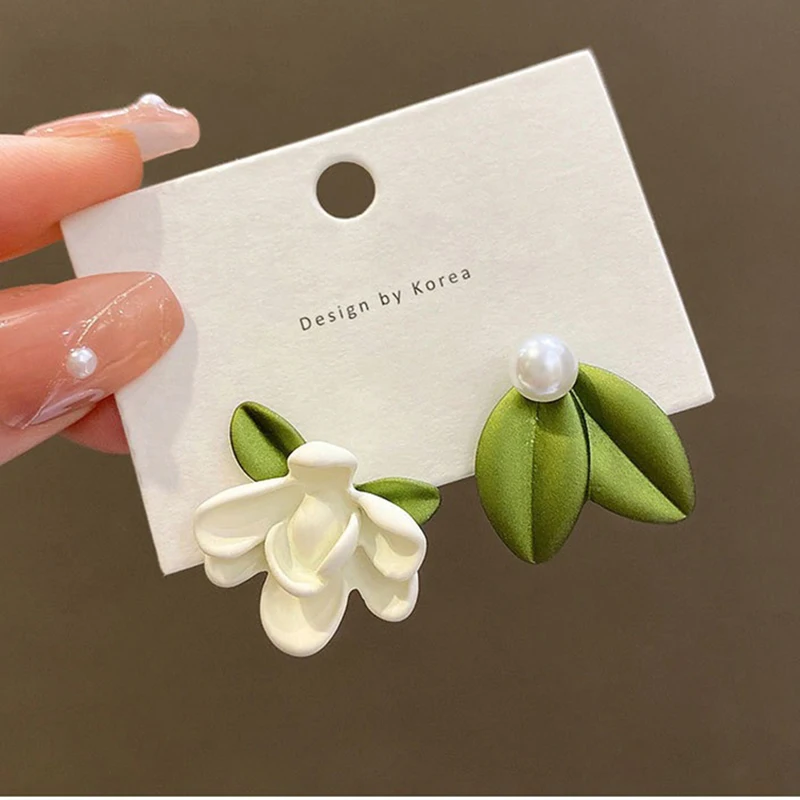Balance is a hot topic these days. As we become more and more overwhelmed with screens and heavy work expectations and family responsibilities and ‘stuff’, we realize that balance can be a tricky thing to find.
‘Work-life balance’ is not a new concept. In fact, the term has been thrown around for so long it’s become almost cliché. Some argue that balance isn’t even actually what we should strive for, but instead we might seamlessly integrate work into our lives in a way that aligns with our values and brings us joy. Perhaps that’s possible, especially if we can find work that allows us to experience a state of “flow” – what positive psychology calls “a feeling of energized focus, full involvement, and enjoyment in the process of the activity.”
I would argue, however, that even if we are lucky enough to find work that gives us flow, it is still only an aspect of our life as a whole, along with play, health, and home. Yes, work is an important element that we should embrace as one dimension of a multi-dimensional life. It enables us to exercise our talents, create and put new things out into the world, help people or planet, and develop broader perspectives. It allows us to grow and gives us purpose.
But work shouldn’t define us. And therefore we need to find the right life balance, not work-life balance. A balanced life includes all aspects that make up the whole.
Life balance is about achieving a feeling of freedom balanced with the discipline required to meet the demands and obligations we face. When we don’t feel balanced, the result is stress and overwhelm, which over the long term result in health problems and the inability to enjoy the freedom of life.

The trouble is we live in an age and society that values work above balance. Our devices keep us constantly connected to email and social media and news feeds. Employers expect more and we ourselves expect more, and yet because we experience constant distractions and have depleted energy, we feel like we can’t meet expectations. So we keep trying harder and being busier. And then we eventually burn out because we haven’t refueled ourselves.
Here’s the good news: we have the freedom and ability to shift our priorities to achieve a more balanced life that’s meaningful and fulfilling.
I include four elements in life balance: health; home; work; and play.
HEALTH
Health is, of course, the essential element in our lives. Without it, nothing else matters. I look at health from the holistic mind-body-soul-heart view. I subscribe to practice that includes taking care of not only our physical state but also our psychological, emotional, spiritual and relationship status. His Open Heart program has helped people reverse heart disease through plant-based nutrition and exercise along with meditation, yoga and practicing loving relationships. So when you look at bringing the health element of your life up to a higher level so it balances with the other parts, think about things like nutrition, exercising, sleeping and resting, meditating and/or praying, and opening yourself up to, and making time for, loving and being loved.
HOME
It’s no surprise that I include ‘home’ as a key element in our lives as a whole. I firmly believe that our homes provide a safe haven for us to replenish and nourish ourselves, to provide the comfort we seek and the stillness we need. The actual place we call home need not matter – big or small, shared or solo, owned or rented – what is important is that we set up our homes to support us in living healthy, happy and productive lives.
WORK
Work, too, is an important element that we should embrace as one dimension of a multi-dimensional life. It enables us to exercise our talents, create and put new things out into the world, help people and planet, and develop broader perspectives. It allows us to grow and gives us purpose. But work shouldn’t define us. And it needn’t overwhelm us. Yes, there will certainly be short-term pressures to meet deadlines and fulfill challenging obligations. We can embrace those, yet choose to not let work stress become a chronic condition. Exercise time management skills and tools (), establish boundaries so you don’t impede on ‘home’, ‘play’ or ‘health’ time, and tap into resources and support from colleagues and supervisors.
PLAY
We used to know what play meant. You know, like when we were kids and spent hours doing something unstructured for the pure joy of it without the need for an outcome. I’m not talking about playing sports or competing in an activity for the purpose of winning. I mean riding our bikes to feel the wind in our face, cooking just to try something new and enjoy the process, or colouring or arranging flowers just because it feels good. Play is an essential part of a fulfilled and joyful life and if we find ourselves not doing it enough we need to channel our inner kid and bring more of it back.
SO HOW DO YOU BEGIN MAKING THE SHIFTS NECESSARY TO FIND LIFE BALANCE?
1. Acknowledge.
Get still and really look at your life, your state of mind, and how you’re feeling. Be honest with yourself and notice the areas of your life that you’re neglecting. Write down which areas need to be filled up more, and conversely which areas you need to spend less time and energy on.
2. Determine your values.
People with life balance have developed a strong sense of who they are, their values, and what is important to them. Using this as a guideline for everything they do helps them keep everything in check. This may skew in favour of one aspect of life more than another, but it works because it’s what they value and balances them. What works for some does not necessarily work for others.
Do some digging to determine (or remember) what you truly value. Identify what personally energizes you in work, play and life and move toward that. Align your dreams and goals accordingly. You may need to shift them a bit based on what you ultimately want, not what you thought you wanted or what someone else wants for you. Keep in mind, these may change as you grow.
3. Design your life.
Instead of just letting life happen, design it. Make deliberate choices about how you spend your time. Talk with those who are important to you and come up with a roadmap of how to reach your goals and achieve life balance while doing it. Design your life around the essentials in each aspect of your life and commit to them. I recommend reading by Greg McKeown to help you with this. And I have also found the very helpful in keeping me on track with spending my time on my essentials first.
4. Be mindful.
Practicing being more present and mindful every day will put us on the path to balance. Getting caught in thinking too much, thinking negatively or not being present as you live your day are sure signs that you’ve lost the equilibrium. Being mindful while working, during routine tasks, and when communicating with others will help to positively shift towards being more engaged with life. It will also help you pay attention to how you feel at any given time, allowing you to hear your intuition. Mindfulness takes dedicated practice but gets easier with time. outlines very helpful methods anyone can master.
5. Be more effective.
A well-balanced person has a far greater ability to focus their attention and energy, identifying productive actions, accessing creative and resourceful ideas, and moving forward in a meaningful way. Be conscious about moving from managing time to managing attention. Multi-tasking doesn’t work: our brain moves from one task to another really fast and creates stress, making us less productive. Focus on one essential task at a time, and give it your full attention.
6. Make small adjustments.
It took you time to get to the stressed, overwhelmed and exhausted state you’re in. So don’t expect to regain balance and feel completely fulfilled overnight. Make small adjustments over time and determine what works best for you. Celebrate small wins. And keep practicing. Eventually, you’ll have a whole new set of positive life habits.
7. Design supportive environments.
Whenever you begin to make a positive change in your life, you need to set yourself up for success. That means creating spaces and environments that support you in developing good habits and keep you focused on your goals. Do what you can to minimize toxins around you – meaning the people, distractions, clutter and actual toxic chemicals that can impede your efforts in the area you’re working on.
8. Connect.
On the flip side, if there are people who can help support and motivate you, share your journey with them. People who have achieved good balance have a strong support network they can depend upon to help them get through challenging times.
9. Try new things.
Balanced-lifers tend to have a variety of interests and are open to new learning and possibilities. They are curious, open, and want to experience life to the fullest. Yet they are mindful of their goals and essentials, not letting the scales tip out of balance yet again.
10. Laugh.
The point of finding life balance is to have a joyful, content and meaningful life. Don’t let your ambition to get your life balanced overshadow the balance day-day. Remember to laugh. Don’t take yourself and your work too seriously. Enjoy the process.






























